
A sign directs people where to vote at a polling place during early voting in Las Vegas. (AP Photo/John Locher, File)
Casting your ballot for the first time can seem overwhelming — so many candidates, all the political advertisements, calls and texts from campaigns, not to mention how everyone seems divided on social media. But making your voice heard and carrying out one’s civic duty is what democracy is about. (The alternative can be pretty scary.)
Below, you’ll find The Nevadan’s digestible step-by-step guide for first-time voters. Because we’ve all been there!
It all starts with registering to vote
Whether you just turned 18, recently became a US citizen, or recently moved to Nevada, registering to vote is necessary in order to participate in an election. Eligible Nevadans can register to vote online, by mail, at the DMV, or in person on Election Day. Click here to learn how to register to vote in Nevada.
Get informed
While the presidential race is important, Nevadans will also get to make their voices heard on many other races — from school board candidates and county seats, to who will represent them in the state Legislature, Congress, and Senate.
Nevadans will also vote on several ballot initiatives, including adding an abortion rights amendment to make reproductive care part of the state constitution. (Make sure to add your address in this tool to see what’s on your ballot when we get closer to the election.)
Registered voters get a sample ballot mailed to them and people can start doing their research by visiting the candidates’ websites and social media pages to learn more. So.Informed on Instagram might be a good place to start to see unbiased information. And also follow The Nevadan for more local news and politics!
Look out for your sample ballot with early voting information
In the days before early voting even starts, all active voters in Nevada receive a sample ballot in the mail. While sample ballots are not used to cast your vote, they have names of the candidates and details on voting locations.
Your sample ballot is basically a study guide: Use it to look up more information about the candidates and take notes so you can reference it when filling out your ballot. (Yes, you can bring notes with you into the voting booth.) Click here to see what you need to know about early voting.
Look out for your mail ballot or opt out online
Thanks to legislation passed in 2021, all active voters are sent a mail ballot. Each county’s election department is tasked with mailing the ballots no later than 20 days before Election Day. If you do not receive your mail ballot by the start of early voting (Oct. 19), and you did not opt out, call your county election department. Click here to learn more about mail ballots.
If you haven’t voted early or by mail, head to the polls on Election Day.
Make sure to refresh yourself on what rights you have as a voter in Nevada.
The polls are open 7 a.m. to 7 p.m. (If you waited until Nov. 5 to submit your mail ballot, make sure it’s postmarked by 5 p.m. or drop it off at a voting site.)
Your voting precinct on Election Day may be different from what it was during the early voting period, so make sure you look up where you need to go. Don’t forget your sample ballot if you marked your selections, and your ID if you’re registering on the same day.
If you go to a polling place in person, you might find tents with campaign signs where volunteers with the candidate, or the candidate themselves, may try to talk to you about their positions. (Thing to know: they must be at least 100 feet away from the entrance.) While they aim to be informative, they are not allowed to coerce you to vote for them.
You might also encounter public observers. Public observers are regular people (not poll workers — poll workers are often in shirts that have a county logo) who often sit and watch the process. They typically stand in a dedicated area where they can watch people cast their ballots, but far enough to not infringe on your privacy and the confidentiality of your ballot. Observers cannot view your personal information, ballot, or your selections on a voting machine; they cannot disrupt voting or election workers, nor are they allowed to talk with voters.
Campaigning inside the voting site, such as wearing or bringing any campaign item into the voting area, is not allowed.
Voters in Nevada have the right to vote free from intimidation under federal and state law. And while Nevada does not have an explicit law banning guns or open-carry in polling places, firearm carry is generally illegal in several locations that are often used as polling locations, such as schools and government buildings. Even at locations where firearms are not prohibited, open-carry might constitute unlawful intimidation.
There may be a line at voting sites, but as long as you’re in line before 7 p.m., you will be able to vote there. Click here to learn more about voting on Election Day.
For more information visit the Secretary of State website.
Support Our Cause
Thank you for taking the time to read our work. Before you go, we hope you'll consider supporting our values-driven journalism, which has always strived to make clear what's really at stake for Nevadans and our future.
Since day one, our goal here at The Nevadan / El Nevadense has always been to empower people across the state with fact-based news and information. We believe that when people are armed with knowledge about what's happening in their local, state, and federal governments—including who is working on their behalf and who is actively trying to block efforts aimed at improving the daily lives of Nevada families—they will be inspired to become civically engaged.

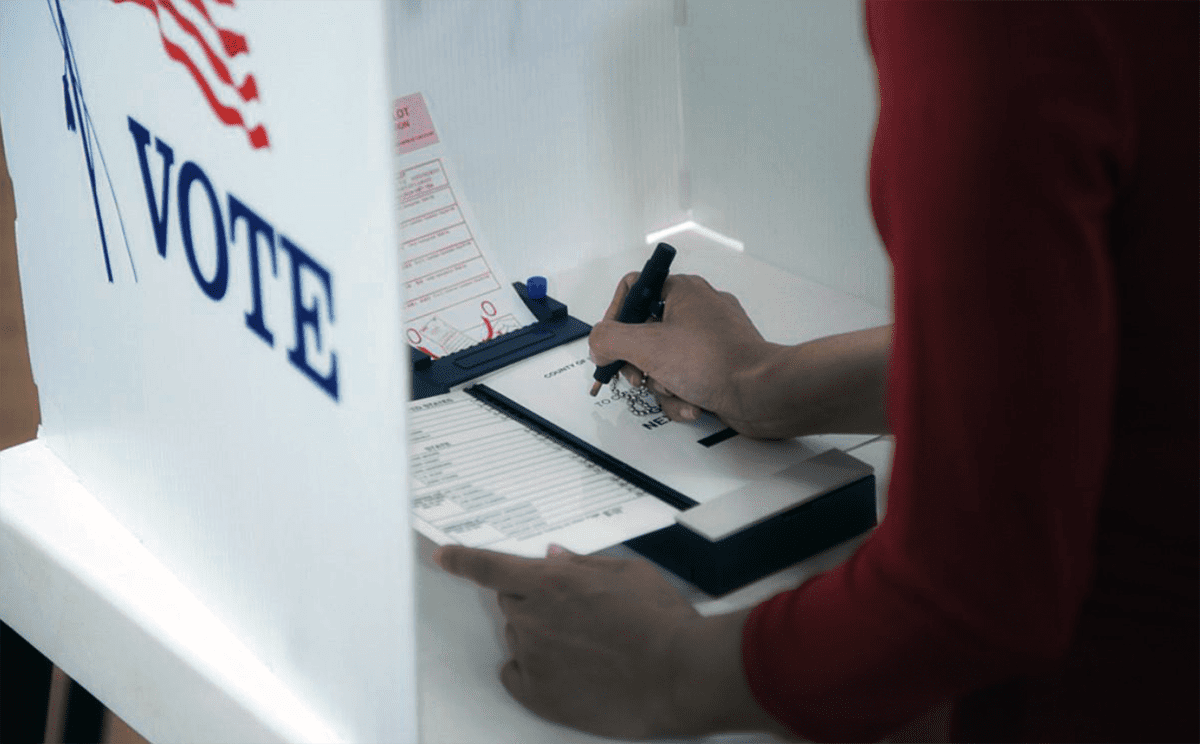
A pesar de las mentiras sobre el fraude electoral, la votación anticipada se ha desarrollado en gran medida sin problemas hasta ahora en Nevada
En medio de continuas mentiras y conspiraciones sobre fraude electoral por parte de círculos de extrema derecha, los nevadenses están expresando...
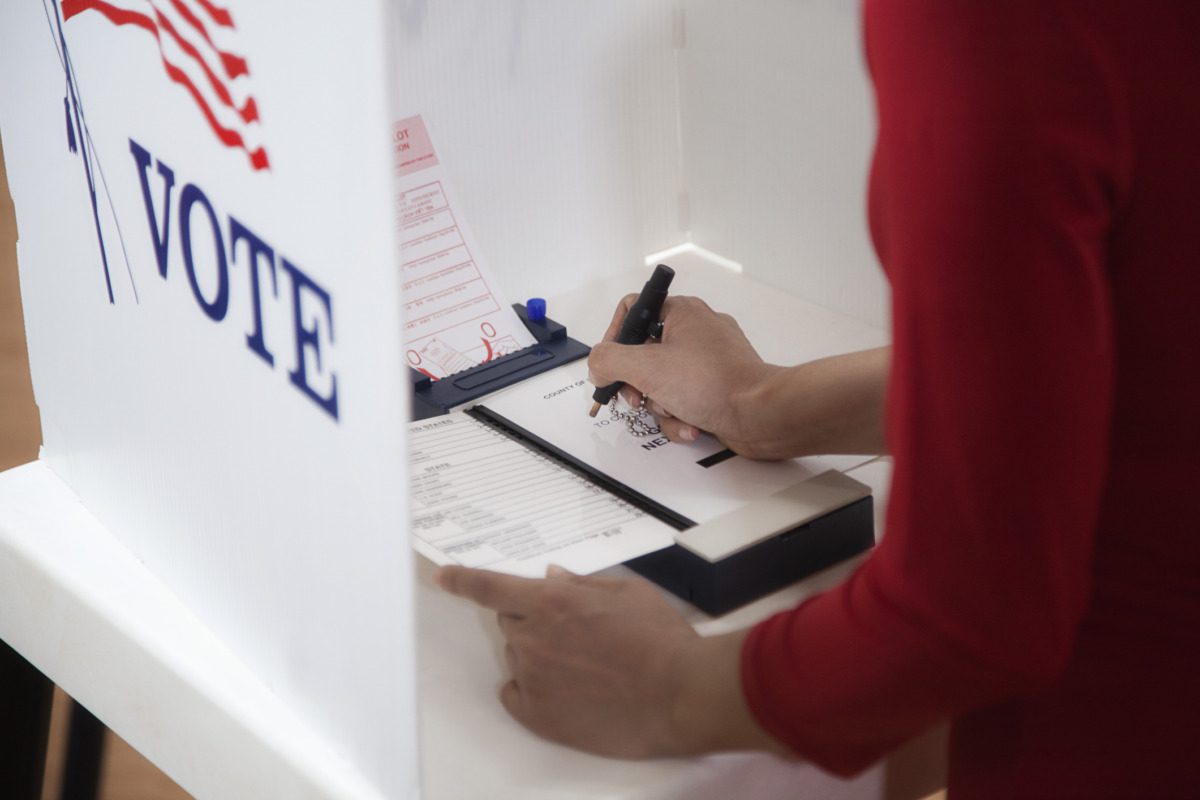
Despite lies about voter fraud, early voting has been largely smooth so far in Nevada
Amid ongoing lies and conspiracies about voter fraud from far-right circles, Nevadans are expressing confidence in the state’s election system and...
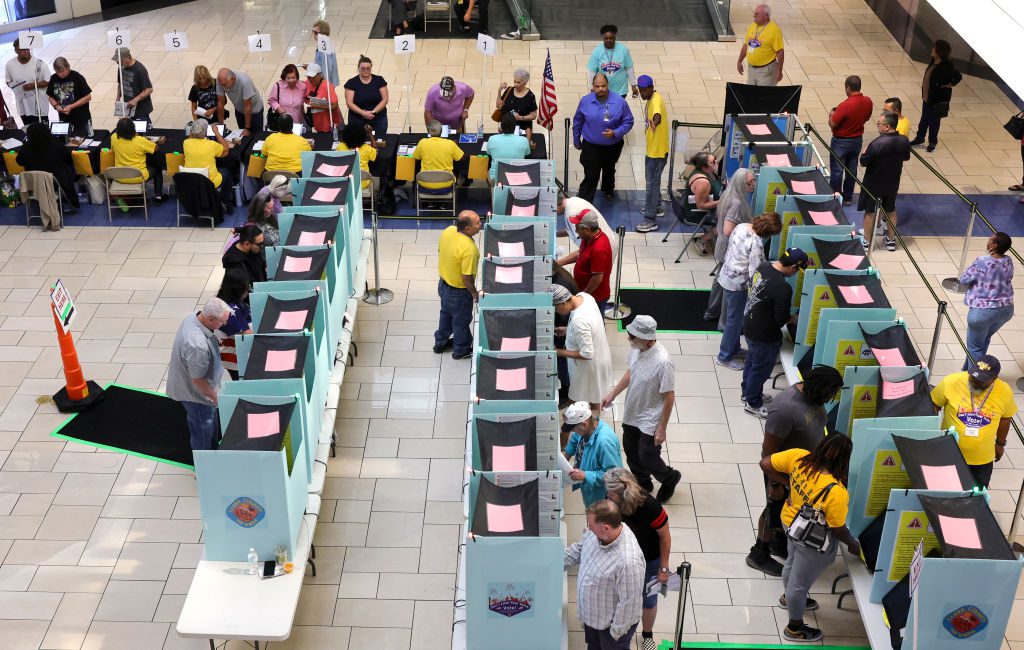
Opinion: Question 7 would create barriers for seniors and potentially lead to voters being turned away
Question 7 is an unnecessary barrier to voting. Simply put, there is no widespread voter fraud in Nevada; it is not something that has ever...
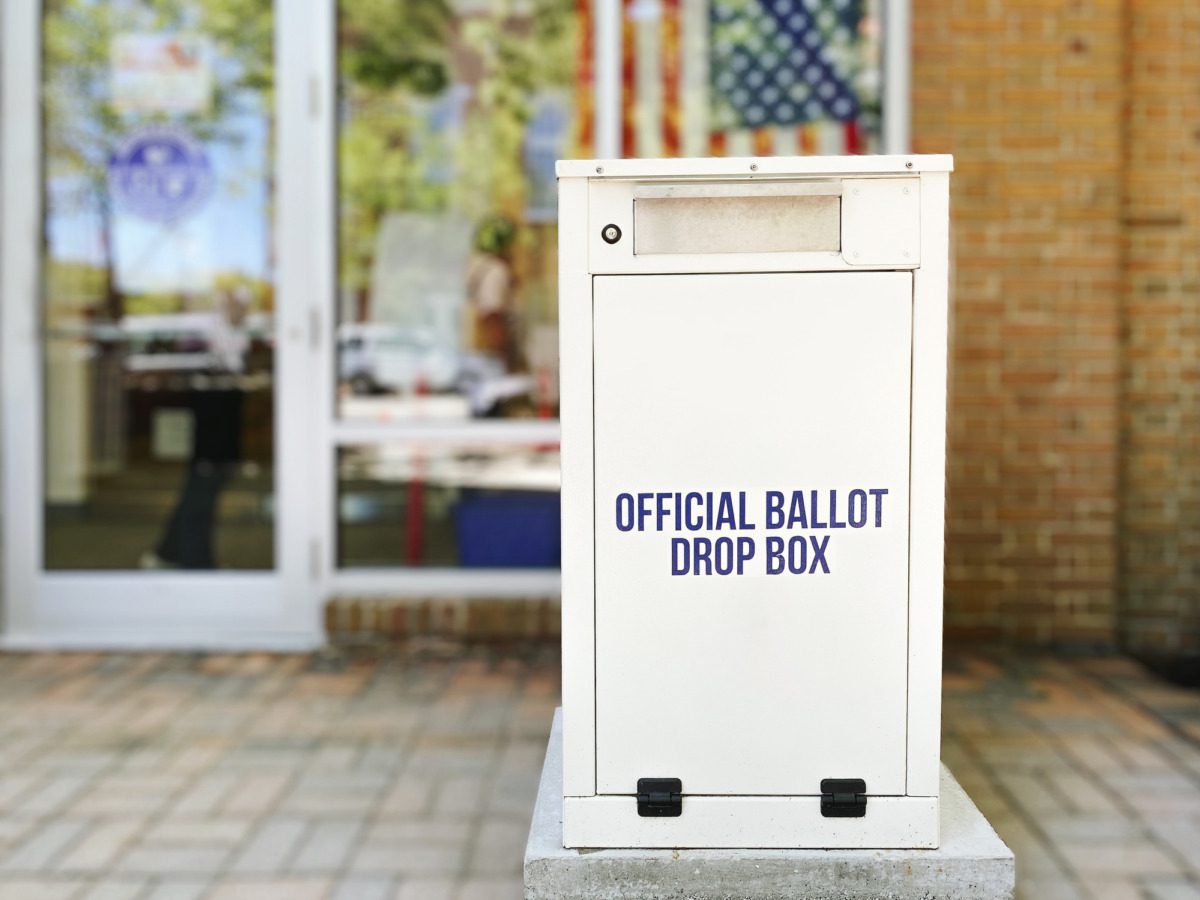
NV Supreme Court upholds ruling on mail ballots received post-Election Day
The Nevada Supreme Court noted in its opinion, which was posted by Democracy Docket, that the RNC identified 24 non-postmarked mail ballots that...
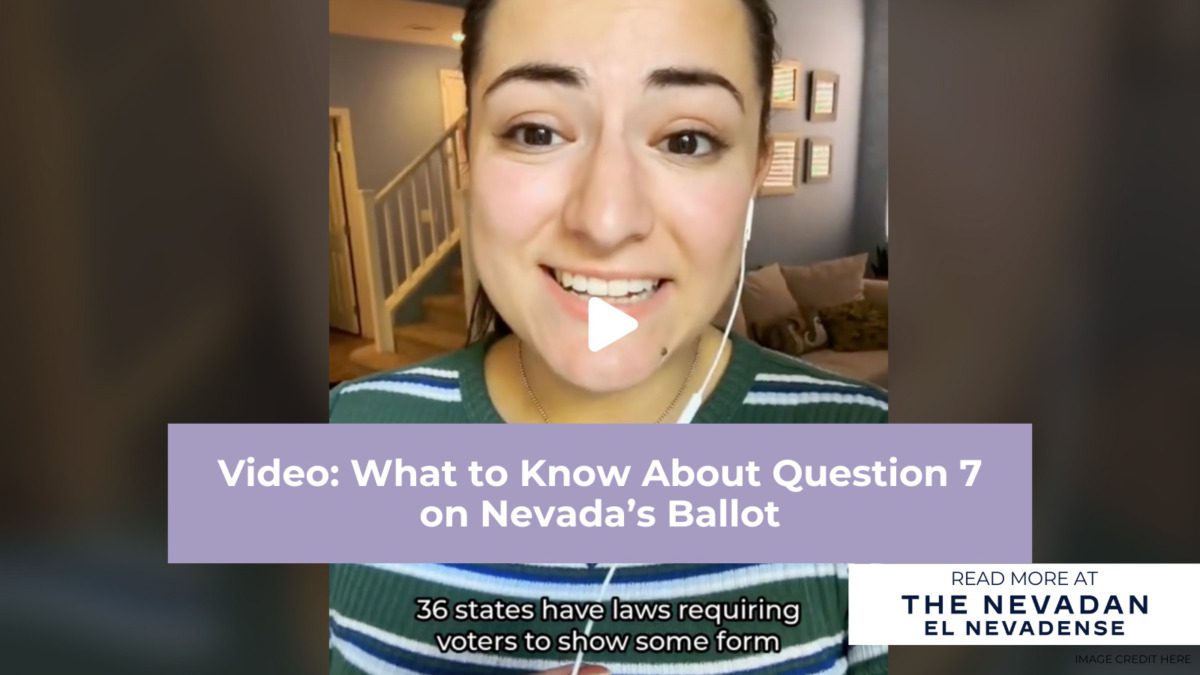
What to Know About Question 7 on Nevada’s Ballot





